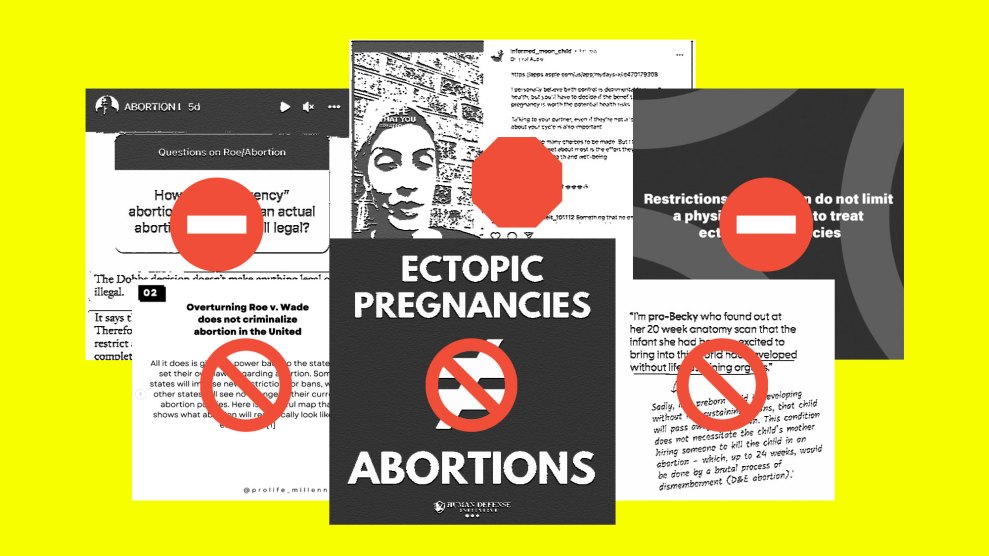
Evelyn Hockstein/Pool/AP
The Supreme Court may have upended the right to choose, but the Justice Department is still trying to ensure that women who need abortions in life-threatening emergencies will be able to get them.
Today, Attorney General Merrick Garland—who would be on the Supreme Court if it weren’t for Mitch McConnell’s machinations—announced that the DOJ was suing Idaho over a near-total abortion ban set to take effect this month. The state law, Garland said, violates a federal law, the Emergency Medical Treatment and Labor Act, that requires hospitals that receive Medicare funds to provide “necessary stabilizing treatment to patients who arrive at their emergency departments while experiencing a medical emergency.”
As my colleague Madison Pauly wrote last month, the federal government has been invoking EMTALA “in response to states enacting criminal abortion bans that allow exceptions to save a pregnant person’s life—but fail to clarify just how close to death a pregnant patient must be before a doctor is allowed to give them a medically necessary abortion.” According to DOJ’s lawsuit, “The Idaho law would make it a criminal offense for doctors to comply with EMTALA’s requirement to provide stabilizing treatment, even where a doctor determines that abortion is the medical treatment necessary to prevent a patient from suffering severe health risks or even death.”
The DOJ suit is the Biden administration’s first litigation aimed at counteracting a state’s abortion restrictions. Meanwhile, voters in Kansas today will decide whether to remove an amendment to the state constitution that protects abortion access, providing one of the first major pieces of insight into popular sentiment around abortion post-Roe.
This article first appeared in the Mother Jones Daily, our newsletter that cuts through the noise to help you make sense of the most important stories of the day. Sign up for free here!














